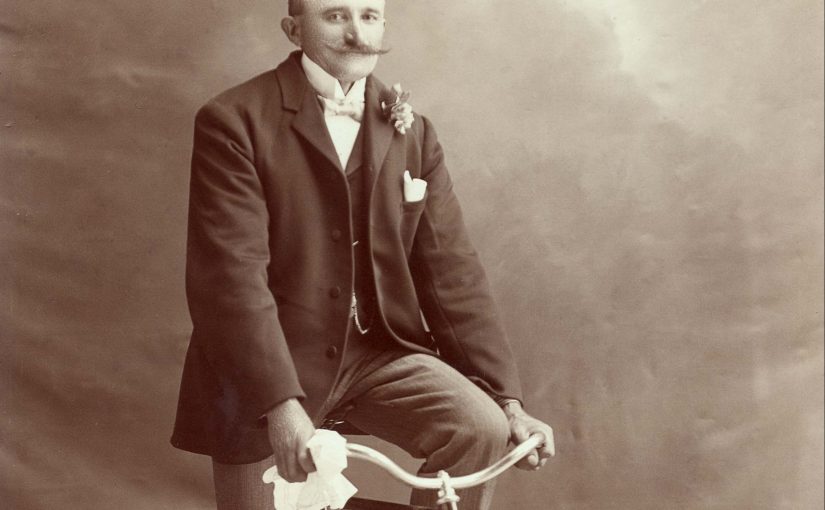I never knew my paternal grandfather, Vito.
There is a tradition in the part of Croatia my family has its roots in. The first born son is named after his father’s father, the first born daughter after her mother’s mother, then you switch sides and do it again. Child number five’s name is therefore left up to the imaginations of the parents. My mother was first of five and duly named Ann. The youngest, unbound by tradition, was called Dragutin. He hated the name, and went by Martin from his high school days on. His siblings didn’t much care for it either and called him Babe until the day he died.
So, it was expected of my parents to name me Vito. My father suggested that if I were a boy I be called Marko, and if a girl, Zorka. He was joking, which was not very helpful. So, my nomination was basically up to my mother. She took this quandary into the hospital with her, gave birth to my nameless self, and remained undecided right to the last minute. Desperate for inspiration, she turned to her roommate who had also just given birth.
“What did you call yours? I just can’t come up with anything!”
“David Allen.”
“Oh, that’s nice. How many L’s?”
“Two. It’s my maiden name.”
It was thus I became known as David Allan.
A few days later, my parents were faced with the task of presenting me to my father’s mother, a strong woman and a traditionalist.
“What did you name him?”
“David,” my mother gulped.
“Good. I was afraid you’d break the rule.”
Something my folks had both missed growing up; Vito is the equivalent of Dave.
Vito, the elder, died a few months after my parents married. His widow was so distraught, she reportedly begged her usually pliant son to move in with her – oh, bring the wife with you – for a few months while she adjusted. Ten years, a depression, and a world war later they finally were able to move out. I believe it came down to my mother’s giving Dad a choice between her and her mother-in-law.
Vito was, by all reports an exceptionally kind man. He was tall with flowing mustaches and wore a white ten-gallon hat. When his wife would deny one of his sons some spending money, the boy would find a gold coin in a shoe the next morning. I recently wonder if Dad moved Mom into enemy territory not because his mother need comforting, rather because he did. His younger brother already lived at home, my grandmother – who was a strong woman – had the company she needed. Many of us carry our parents with us long after their death, but I’m not sure he ever reconciled the grief he held for his father.
Another Croatian tradition; the man rarely marries before age 35, and his bride is usually about 20. In a rural society, this generational overlap works to everyone’s advantage. The man has a younger wife to help him in old age, the woman has grown children. My grandfather was 38 when he married, my grandmother was 18. Perhaps in asking my parents to move in with her, she was merely claiming her expected prerogative. Her twenty-seven year old childless son came with a wife who could be pressed into helping around the house. Her elder son already had two daughters. Her youngest son was in his early twenties and modern. She chose the most practical alternative. And the path of least resistance.
She seemed to have had a good instinct as to which son would be the most compliant, and which would feel Vito’s absence most keenly, which would do his best to fill the hole that was left behind by his father’s passing.
Or maybe Dad offered to move back in with his mother and represented it to his new wife as a request. And maybe he heard a request when it was no more than a widow’s lament – “I will be so lonely”. History is hard to unravel. Family history all the more so for everyone believes themselves to be primary source.
In 1910, while still working as a tenant farmer for the Willson family, Vito entered a contest and won a bicycle. His six-foot four frame and tall hat was enhanced in its romantic stature by state-of-the-art transportation. “He rode it until it wore out,” my father reported. “I was three when he won it, and still remember how proud he was.” Ten or twelve years later Dad and my uncle Tony created a motorized vehicle scrapped together from discarded farm equipment. I imagine Vito was proud of that, too, and that he provided his sons the cash to buy the few parts not rescued from a neighbor’s junk pile.
I wish I had known my namesake.
